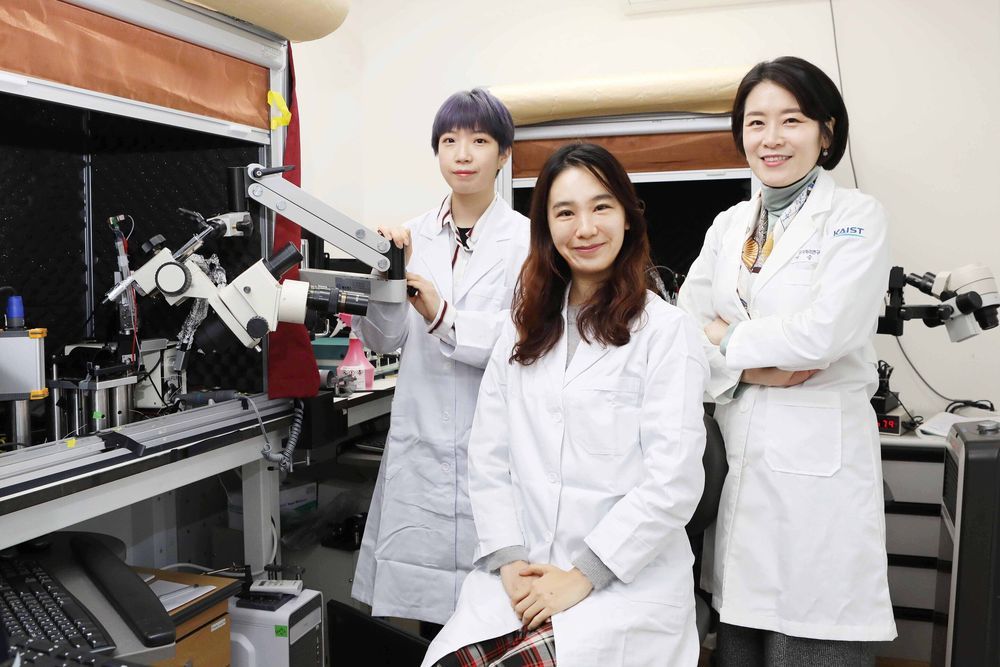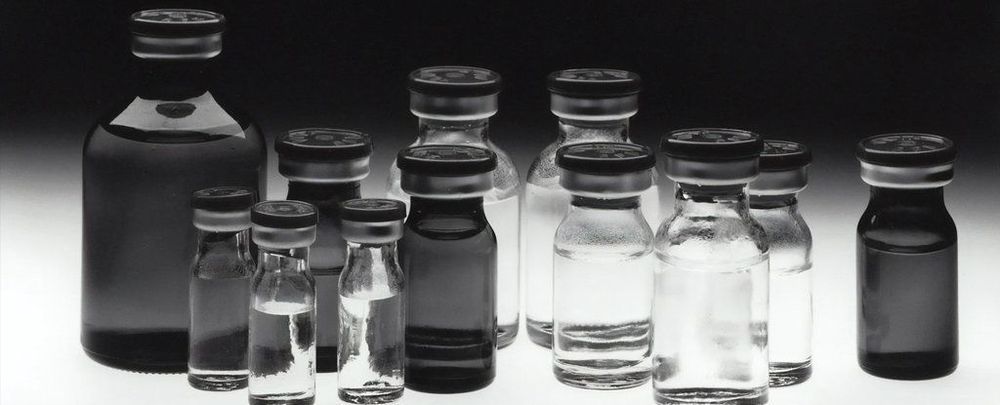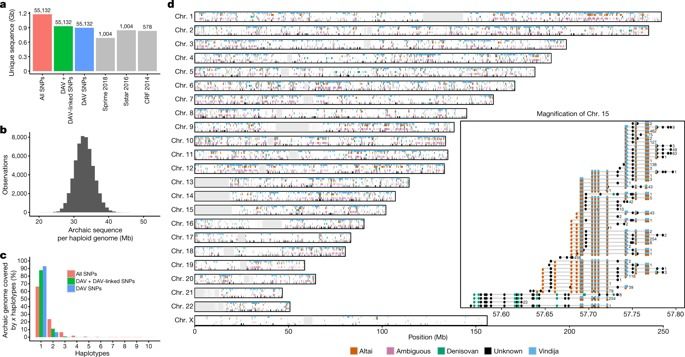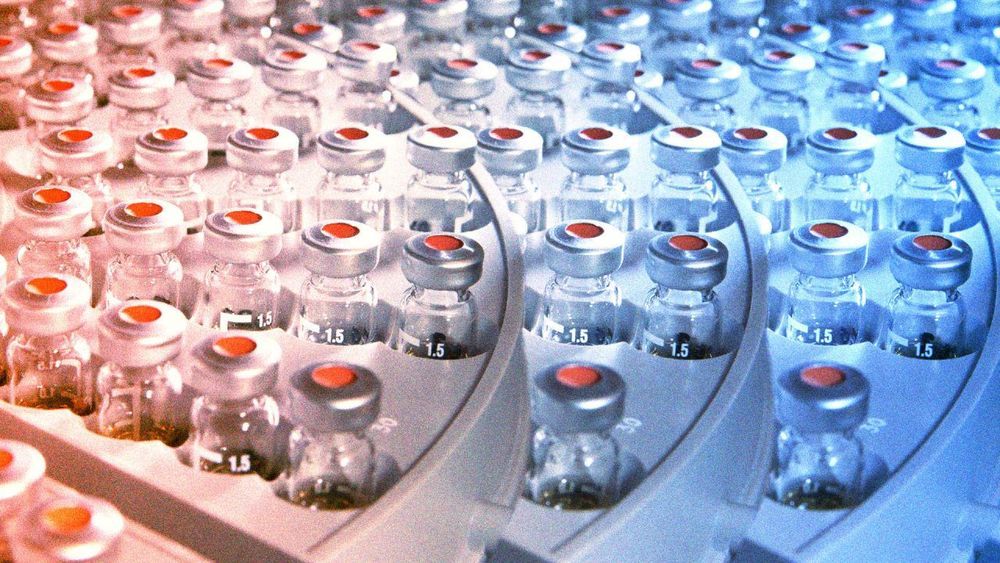This case series describes clinical characteristics, health services use, and outcomes of patients with confirmed coronavirus disease 2019 (COVID-19) cared for at 12 hospitals of a single health system in the New York City (NYC) area.



In the constant battle against the spread of infectious diseases, scientists are continually on the hunt for new weapons that specifically target pathogenic microbes. Now, investigators from the Center for Radiological Research at Columbia University Irving Medical Center (CUIMC) believe they may have found a new, low-cost solution to eradicating airborne viruses in indoor public spaces. The research team found that continuous low doses of far ultraviolet C (far-UVC) light can kill airborne flu viruses without harming human tissues. The findings from the new study—published today in Scientific Reports in an article entitled “Far-UVC Light: A New Tool to Control the Spread of Airborne-Mediated Microbial Diseases”—suggests that use of overhead far-UVC light in hospitals, doctors’ offices, schools, airports, airplanes, and other public spaces could provide a powerful check on seasonal influenza epidemics, as well as influenza pandemics.
Scientists have known for decades that broad-spectrum UVC light, which has a wavelength of between 200 to 400 nanometers (nm), is highly effective at killing bacteria and viruses by destroying the molecular bonds that hold their DNA together. This conventional UV light is routinely used to decontaminate surgical equipment.
“Unfortunately, conventional germicidal UV light is also a human health hazard and can lead to skin cancer and cataracts, which prevents its use in public spaces,” explained senior study investigator David Brenner, Ph.D., director of the Center for Radiological Research and professor at CUIMC.


While we might often take our sense of touch for granted, for researchers developing technologies to restore limb function in people paralyzed due to spinal cord injury or disease, re-establishing the sense of touch is an essential part of the process. And on April 23 in the journal Cell, a team of researchers at Battelle and the Ohio State University Wexner Medical Center report that they have been able to restore sensation to the hand of a research participant with a severe spinal cord injury using a brain-computer interface (BCI) system. The technology harnesses neural signals that are so miniscule they can’t be perceived and enhances them via artificial sensory feedback sent back to the participant, resulting in greatly enriched motor function.
“We’re taking subperceptual touch events and boosting them into conscious perception,” says first author Patrick Ganzer, a principal research scientist at Battelle. “When we did this, we saw several functional improvements. It was a big eureka moment when we first restored the participant’s sense of touch.”
The participant in this study is Ian Burkhart, a 28-year-old man who suffered a spinal cord injury during a diving accident in 2010. Since 2014, Burkhart has been working with investigators on a project called NeuroLife that aims to restore function to his right arm. The device they have developed works through a system of electrodes on his skin and a small computer chip implanted in his motor cortex. This setup, which uses wires to route movement signals from the brain to the muscles, bypassing his spinal cord injury, gives Burkhart enough control over his arm and hand to lift a coffee mug, swipe a credit card, and play Guitar Hero.

Researchers have confirmed that neuropeptide somatostatin can improve cognitive function in the brain. A research group of Professor Seung-Hee Lee from the Department of Biological Sciences at KAIST found that the application of neuropeptide somatostatin improves visual processing and cognitive behaviors by reducing excitatory inputs to parvalbumin-positive interneurons in the cortex.
This study, reported at Science Advances on April 22nd, sheds a new light on the therapeutics of neurodegenerative diseases. According to a recent study in Korea, one in ten seniors over 65 is experiencing dementia-related symptoms in their daily lives such as memory loss, cognitive decline, and motion function disorders. Professor Lee believes that somatostatin treatment can be directly applied to the recovery of cognitive functions in Alzheimer’s disease patients.
Professor Lee started this study noting the fact that the level of somatostatin expression was dramatically decreased in the cerebral cortex and cerebrospinal fluid of Alzheimer’s disease patients.

The experimental coronavirus treatment remdesivir has failed in its first randomized clinical trial, inadvertently released results showed Thursday, dampening expectations for the closely watched drug.
But Gilead Sciences, the company behind the medicine, disputed how the now-deleted post had characterized the findings, saying the data showed a “potential benefit.”
The summary said the Chinese trial involved 237 patients, with 158 on the drug and 79 in a control group. Remdesivir was stopped early in 18 patients because of side effects.
April 2020
The COVID-19 pandemic caused by SARS-CoV-2 has brought about an unprecedented crisis, taking a heavy toll on human health, lives as well as the global economy. There are no SARS-CoV-2-specific treatments or vaccines available due to the novelty of this virus. Hence, rapid development of effective vaccines against SARS-CoV-2 is urgently needed. Here we developed a pilot-scale production of a purified inactivated SARS-CoV-2 virus vaccine candidate (PiCoVacc), which induced SARS-CoV-2-specific neutralizing antibodies in mice, rats and non-human primates. These antibodies potently neutralized 10 representative SARS-CoV-2 strains, indicative of a possible broader neutralizing ability against SARS-CoV-2 strains circulating worldwide. Immunization with two different doses (3μg or 6 μg per dose) provided partial or complete protection in macaques against SARS-CoV-2 challenge, respectively, without any antibody-dependent enhancement of infection. Systematic evaluation of PiCoVacc via monitoring clinical signs, hematological and biochemical index, and histophathological analysis in macaques suggests that it is safe. These data support the rapid clinical development of SARS-CoV-2 vaccines for humans.
One Sentence Summary A purified inactivated SARS-CoV-2 virus vaccine candidate (PiCoVacc) confers complete protection in non-human primates against SARS-CoV-2 strains circulating worldwide by eliciting potent humoral responses devoid of immunopathology.
The authors have declared no competing interest.

Human evolutionary history is rich with the interbreeding of divergent populations. Most humans outside of Africa trace about 2% of their genomes to admixture from Neanderthals, which occurred 50–60 thousand years ago1. Here we examine the effect of this event using 14.4 million putative archaic chromosome fragments that were detected in fully phased whole-genome sequences from 27,566 Icelanders, corresponding to a range of 56,388–112,709 unique archaic fragments that cover 38.0–48.2% of the callable genome. On the basis of the similarity with known archaic genomes, we assign 84.5% of fragments to an Altai or Vindija Neanderthal origin and 3.3% to Denisovan origin; 12.2% of fragments are of unknown origin. We find that Icelanders have more Denisovan-like fragments than expected through incomplete lineage sorting. This is best explained by Denisovan gene flow, either into ancestors of the introgressing Neanderthals or directly into humans. A within-individual, paired comparison of archaic fragments with syntenic non-archaic fragments revealed that, although the overall rate of mutation was similar in humans and Neanderthals during the 500 thousand years that their lineages were separate, there were differences in the relative frequencies of mutation types—perhaps due to different generation intervals for males and females. Finally, we assessed 271 phenotypes, report 5 associations driven by variants in archaic fragments and show that the majority of previously reported associations are better explained by non-archaic variants.

